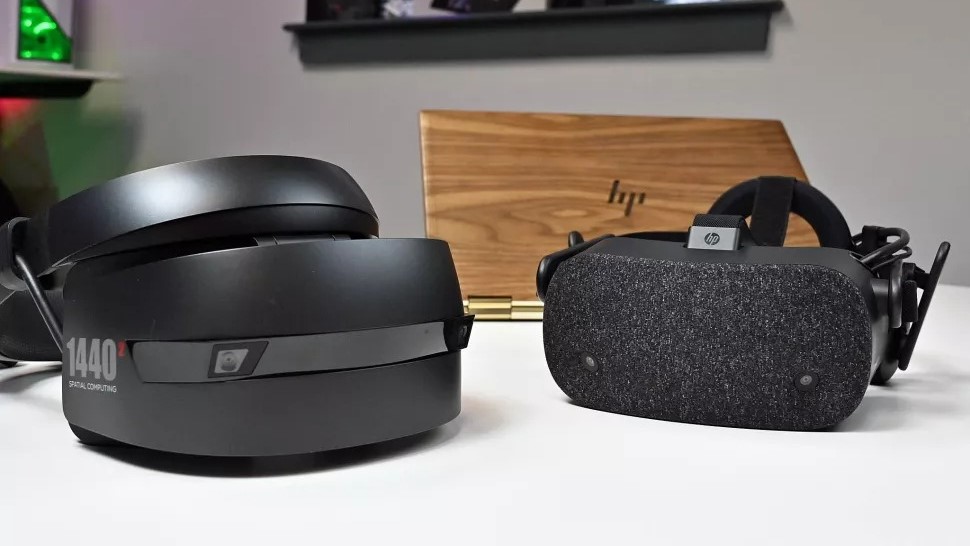
What you need to know
- Microsoft has added Windows Mixed Reality to the list of features it is deprecating in Windows.
- The company says support for Windows Mixed Reality devices will be removed in a future version of Windows.
- This includes support for SteamVR using Windows Mixed Reality VR headsets.
Microsoft has announced that it is deprecating Windows Mixed Reality, with plans to remove the feature in an upcoming release of the OS. Windows Mixed Reality was Microsoft's attempt at building out a VR ecosystem for Windows PCs, but unfortunately this effort has been mostly inactive for a number of years.
While there have been several VR headsets built for Windows Mixed Reality, most of them launched between 2017 and 2021. It's been a long while since OEMs released new VR headsets for Windows Mixed Reality, likely because SteamVR is a much more successful platform with a much wider selection of games.
Unfortunately, Microsoft says the deprecation of Windows Mixed Reality also includes support for using a Windows Mixed Reality headset with SteamVR, along with the dedicated Mixed Reality Portal app which acted as a launch environment for VR apps and games built for Windows Mixed Reality.
HoloLens 2 is Microsoft's only surviving "Windows Mixed Reality" device, however even the HoloLens product has gone through turbulent times recently. It's clear that Mixed Reality at Microsoft is a dead venture, with HoloLens 3 being canceled and no current plans to ship a true successor. Even Xbox is uninterested in VR.
It's fair to say the writing has been on the wall for Microsoft's VR platform for many years. The company went all in on VR and Mixed Reality devices just 5 years, but has now given up on that venture. It's a shame too, because some of the Windows Mixed Reality devices were actually pretty good, and some made VR relatively affordable.
The HP Reverb G2 was the most recent Windows Mixed Reality headset, which got a surprising refresh in 2021. Outside of that, we've not had any Windows Mixed Reality headsets ship from any OEM since 2019.







